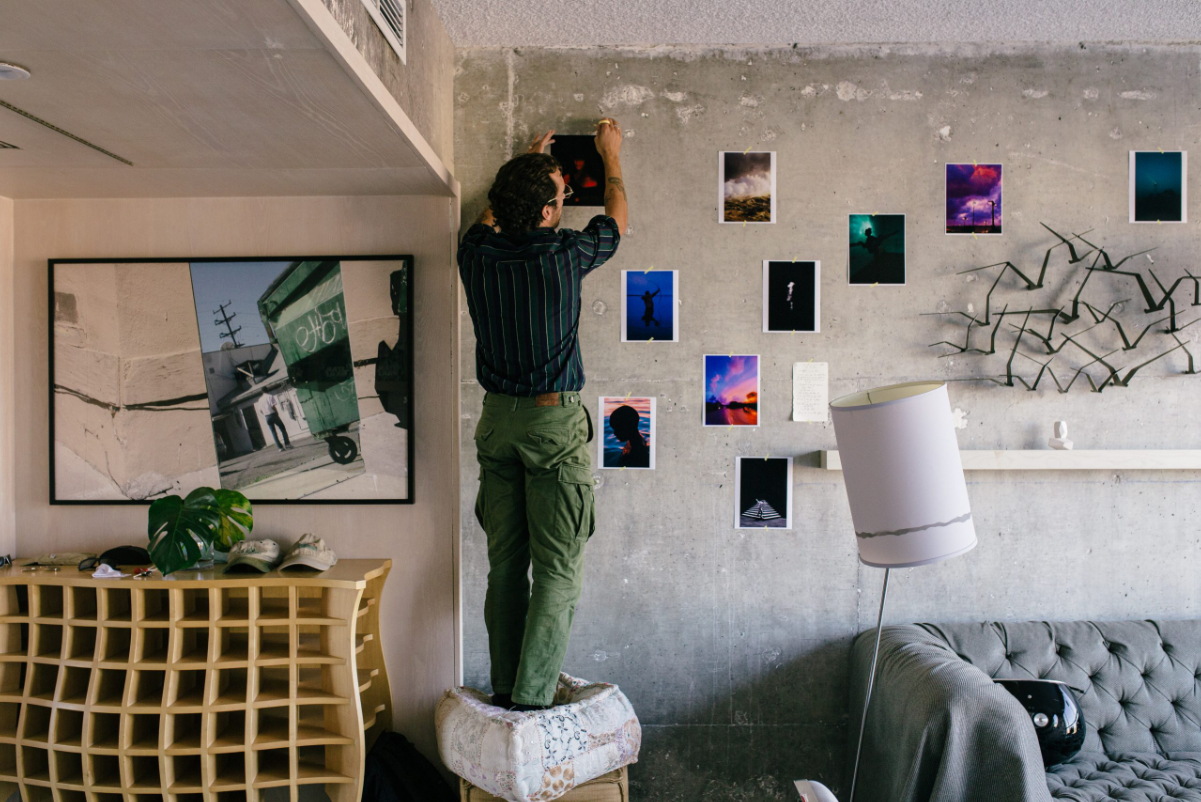Independent Hoteliers Seek Every Edge Against the Big Brands

Skift Take
Talent retention, digital marketing tactics, partnerships with local brands, and sustainability strategies were among the topics that independent hoteliers discussed the most at last week's Independent Lodging Congress 2023 event in Austin, Texas.
The event — part of a series founded by Andrew Benioff — came when many giant corporations were racing to copy or absorb many independent hotels, often through soft-branded collections. In November, Hyatt Hotel Corp. said it would acquire Dream Hotel Group’s dozen open lifestyle hotels. Last month, Accor, the Paris-based hotel giant, debuted a global “soft” brand, Handwritten Collection, to gather up lifestyle hotels that had formerly been unaffiliated with global chains. Interest-rate uncertainty also has complicated hotel development by independent owners.
“Chains keep buying smaller brands to add to their offerings, so there’s continually space for creativity, meaning the creation of new boutique, independent properties, and collections,” said Jennifer Barnwell, president at Curator Hotel & Resort Collection, a collective for independently owned properties.
Competing for LaborThere's a war for talent in the travel sector, especially in high-touch businesses like lifestyle hotels. When it comes to team building, getting employees involved in the brand goes a long way.
“Retention is difficult for everyone,” said Stefan Merriweather, head of creative at The Line & Saguaro Hotels. "We welcome everyone [on our team] to certain wellness classes or activities. It helps with culture and educates them on the experience that guests will do so they can speak from their own experience."
Smaller players often can't as easily paint a picture of career advancement as large companies can.
“Austin is a great incubator for F&B [food and beverage],” said Todd Reppert, chief development officer at Austin-based restaurant group Hai Hospitality. “It’s hard to target key talent now. They want to advance in their career, but that’s tough because
